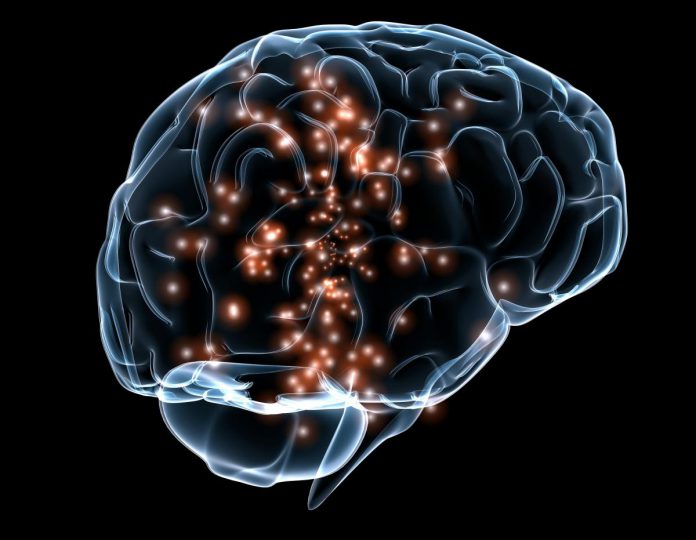- Obesity is having a body mass index (BMI) of more than 29.9.
- Obesity increases the risk of developing certain cancers, cardiovascular diseases, and degeneration of joints.
- A recent study has found overweight people have impaired brain plasticity.
The prevalence of obesity more than tripled between 1975 and 2016. The World Health Organization (WHO) estimates 650 million people across the world suffer from the condition. This has consequently had a major impact on the global health system.
Obesity is an excessive or abnormal accumulation of fat in the body affecting an individual’s health. Several studies in the past have linked obesity with structural and functional changes in the brain
How Does Obesity Affect the Brain?
Neuroplasticity is the ability of the brain’s neural pathways to grow and reorganize themselves. Consequently, helping the brain recover from injury.
Researchers from UniSA and Deakin University conducted a study to investigate the link between obesity and plasticity of the motor cortex.
15 obese people were compared to a healthy-weight control group comprising 15 people aged between 18 to 60 years of age.
The findings of the study were published in the journal Brain Sciences.
How Did Researchers Investigate Neuroplasticity?
A technique called continuous Theta Burst Stimulation (cTBS) investigated plasticity in the participants.
Repetitive pulses of electrical stimulation applied to the left motor cortex induce suppression of cortical excitability. A high level of suppression is an indication of normal brain plasticity.
The control group showed significant suppression of cortical excitability whereas, the obese group showed no change in excitability.
Thus, providing the first physiological evidence of reduced plasticity in severely overweight people.
For the first time, we found that obesity was associated with impaired brain function, adding further support for the need to address the obesity epidemic.
Dr. Brenton Hordacre
What Impaired Plasticity in the Obese Group?
Obesity has detrimental effects on a person’s body, including the brain. These include reduced cortical thickness, lower gray matter volume, and reduced levels of brain-derived neurotropic factor (BDNF).
Researchers hypothesize that low levels of BDNF along with inflammation play a key role in causing impaired brain functioning.
These new findings suggest that losing weight is particularly important for healthy brain aging or for recovery in people who suffer strokes or brain injuries, where learning is fundamental for recovery.
Dr. Brenton Hordacre
In conclusion, this is the first study to find evidence of obesity affecting the brain’s re-wiring. This can have major implications in those recovering from major brain injuries.
Reference:
Sui, S.X.; Ridding, M.C.; Hordacre, B. Obesity is Associated with Reduced Plasticity of the Human Motor Cortex. Brain Sci. 2020, 10, 579. DOI: 10.3390/brainsci10090579




